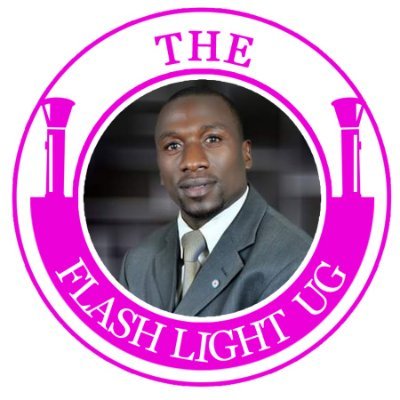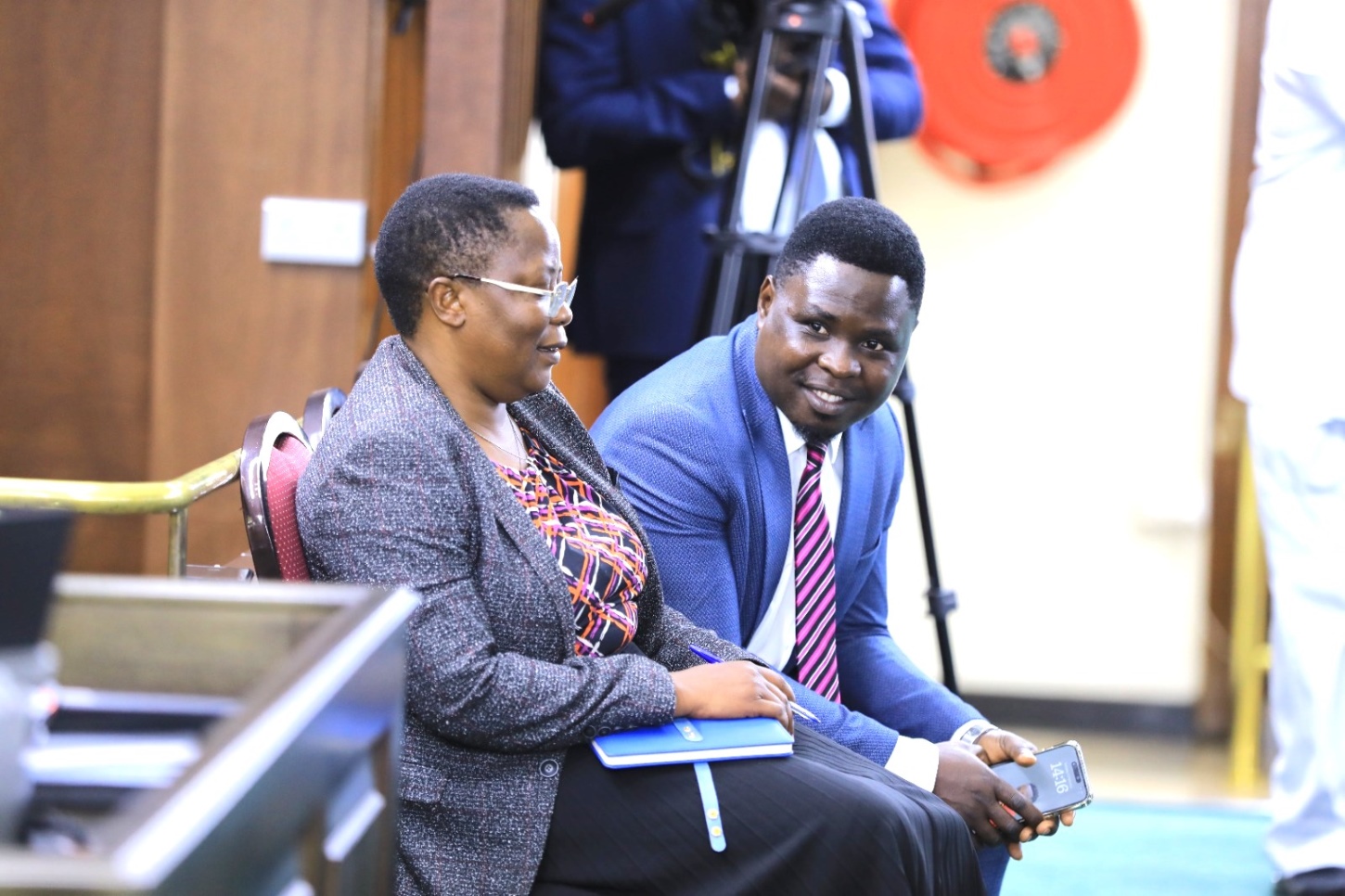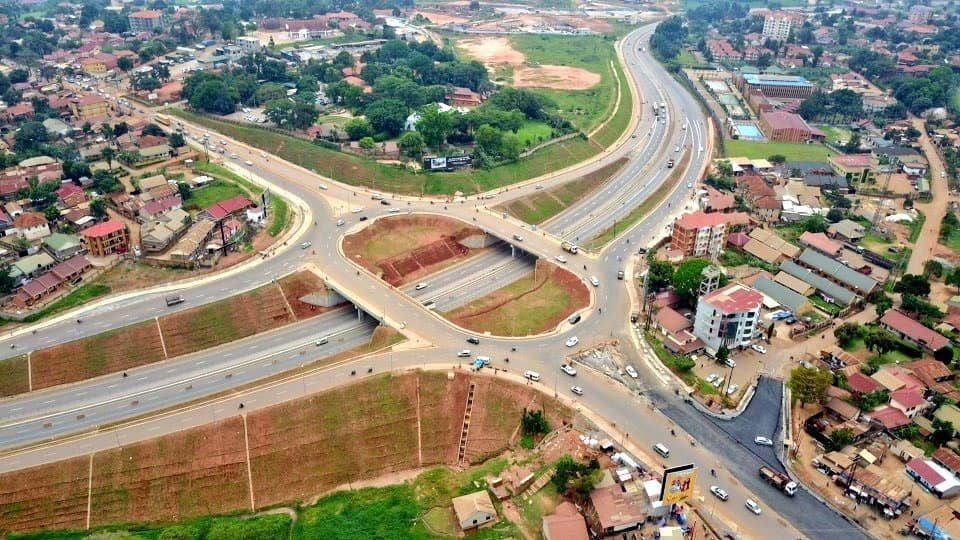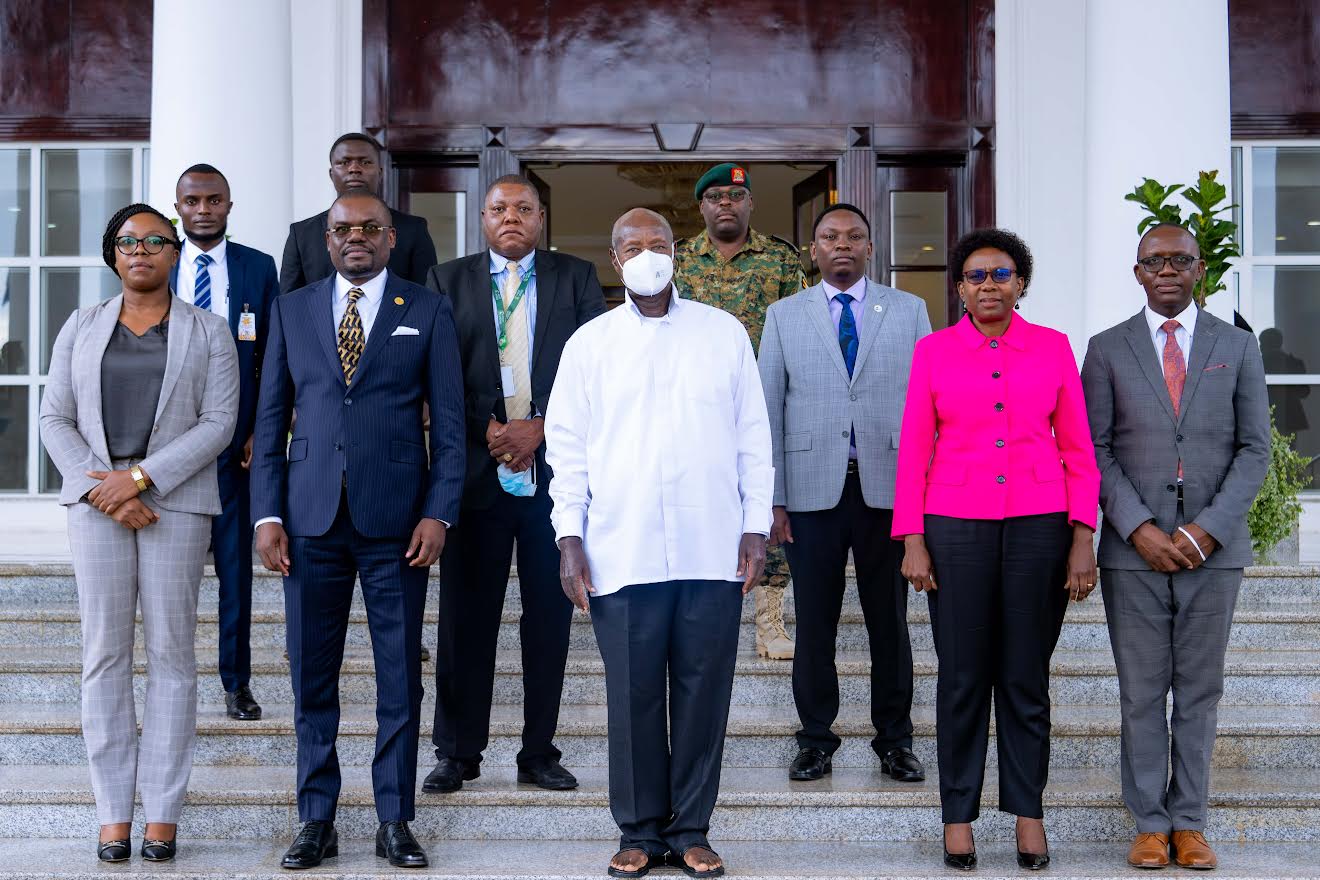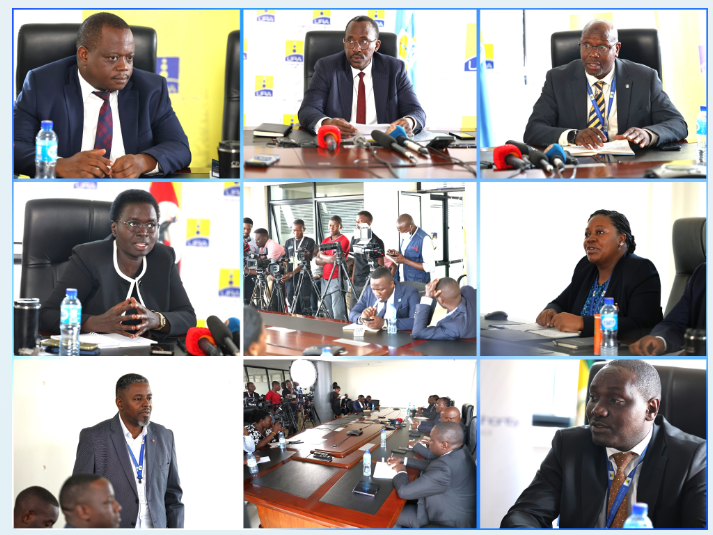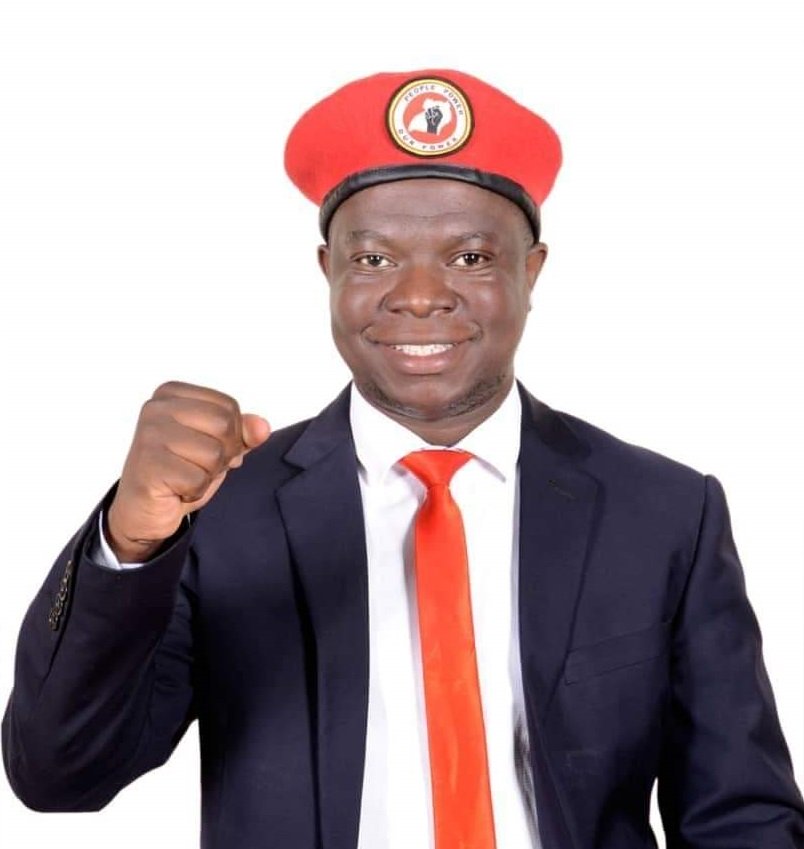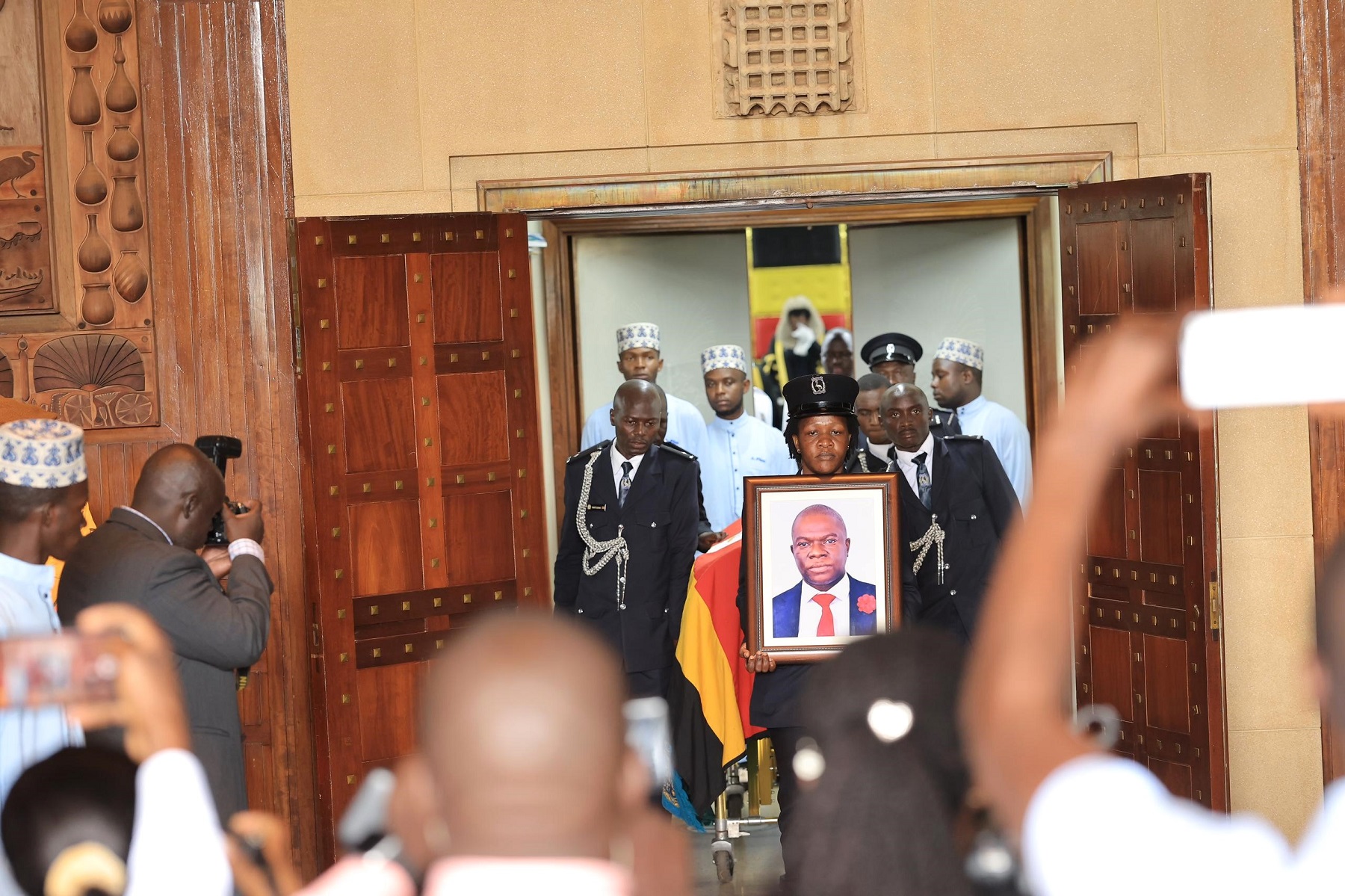KAMPALA: The Minister for Justice and Constitutional Affairs, Hon. Norbert Mao, has been tasked to update Parliament on the process of updating the national voters’ register within a week.
While chairing the House sitting on Tuesday, 04 February 2025, the Deputy Speaker, Thomas Tayebwa, also tasked the minister to give a report on considerations of the recommendations made by Parliament on the matter.
In a report tabled by the Chairperson of the Committee on Legal and Parliamentary Affairs, Hon. Stephen Baka Mugabi, it was observed that registration of persons without national IDs by the Electoral Commission and inadequate registration kits, were some of the issues affecting the voters’ registration exercise.
The committee chairperson noted that such issues were likely to have a negative effect on the credibility, accuracy and transparency of the voter register.
“Voter registration is intended to ensure that everyone entitled to vote can do so, to prevent ineligible persons from voting, and to guard against multiple voting by the same individual. The accuracy of the voters’ register is a key element in ensuring that all qualified constituents can enjoy the right to vote,” Mugabi, also the Bukooli County North legislator, said.
He added that the Electoral Commission received 2,703 bio metric enrolment kits out of the 5,000 that were requested for, which were deployed at sub-county level, rather than the initially proposed parish level.
The committee report noted that the insufficient numbers of kits deployed for the voter verification exercise affected the ability of the Electoral Commission to carry out the activity smoothly.
“The EC should consider extending the deadline for the voter verification exercise in light of the challenges faced in the process. Government should prioritise procurement of election kits and other ICT equipment needed by the EC,” added Mugabi.
The position was supported by the Leader of the Opposition, Hon. Joel Ssenyonyi, who observed that the challenges affecting the exercise to update the national voters’ register could negatively impact on future voter activities.
“The voter education exercise has not been adequate because LC1 chairpersons who are part and parcel of this process are just getting to know. That is why we are saying the EC should consider extending because it is their duty. They came up with this roadmap and they can extend it,” Ssenyonyi said.
The Deputy Speaker, however, ruled against the proposal, citing Article 62 of the Constitution that stipulates the authority of the Electoral Commission.
Article 62 reads that: ‘...the Commission shall be independent and shall, in the performance of its functions, not be subject to the direction or control of any person or authority.’
“The recommendations we are making that the Electoral Commission should adjust boundaries and extend the deadline, are in contravention of Article 62. Moreover, we are beneficiaries of the electoral process, we cannot be here defying the law which this House legislated upon,” Tayebwa said.
“Let us send this report to them as a gesture of goodwill, and at an appropriate time, the Minister for Justice and Constitutional Affairs will update us on this,” Tayebwa added.
Hon. Betty Nambooze (NUP, Mukono Municipality) questioned the Electoral Commission’s decision to determine the boundaries of electoral areas using records of the 2014 census.
“It is provided under the constitution that determination of electoral areas shall be done after a census, and we had one in 2024. The Electoral Commission wants to use census results of more than a decade ago, we should not allow them to hide behind their independence to violate the constitution,” said Nambooze.
The committee report recommended that Uganda Bureau of Standards urgently releases the 2024 census results, and that the Ministry of Local Government quickly resolves all boundary and other disputes affecting local governments.
ParliamentUg
